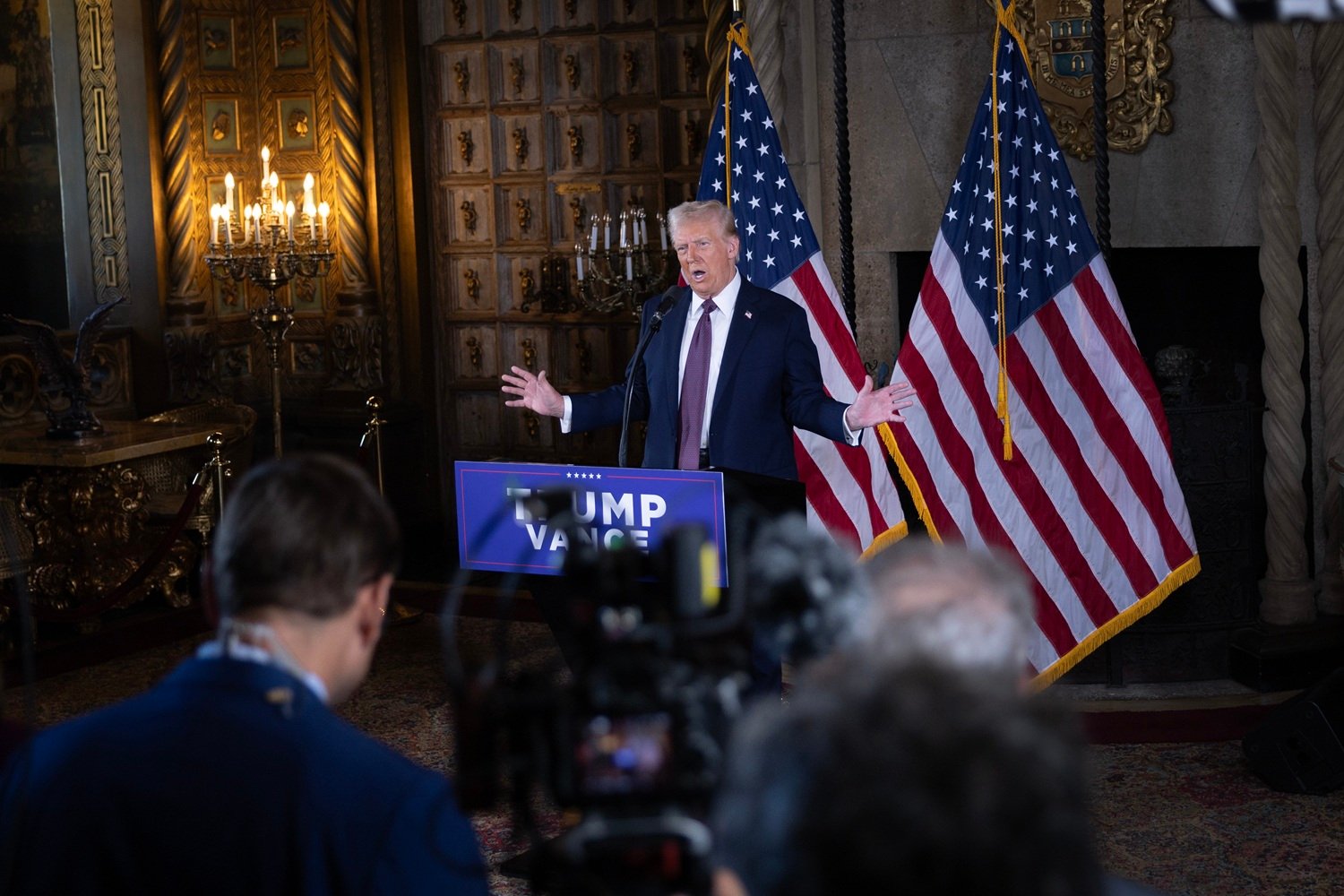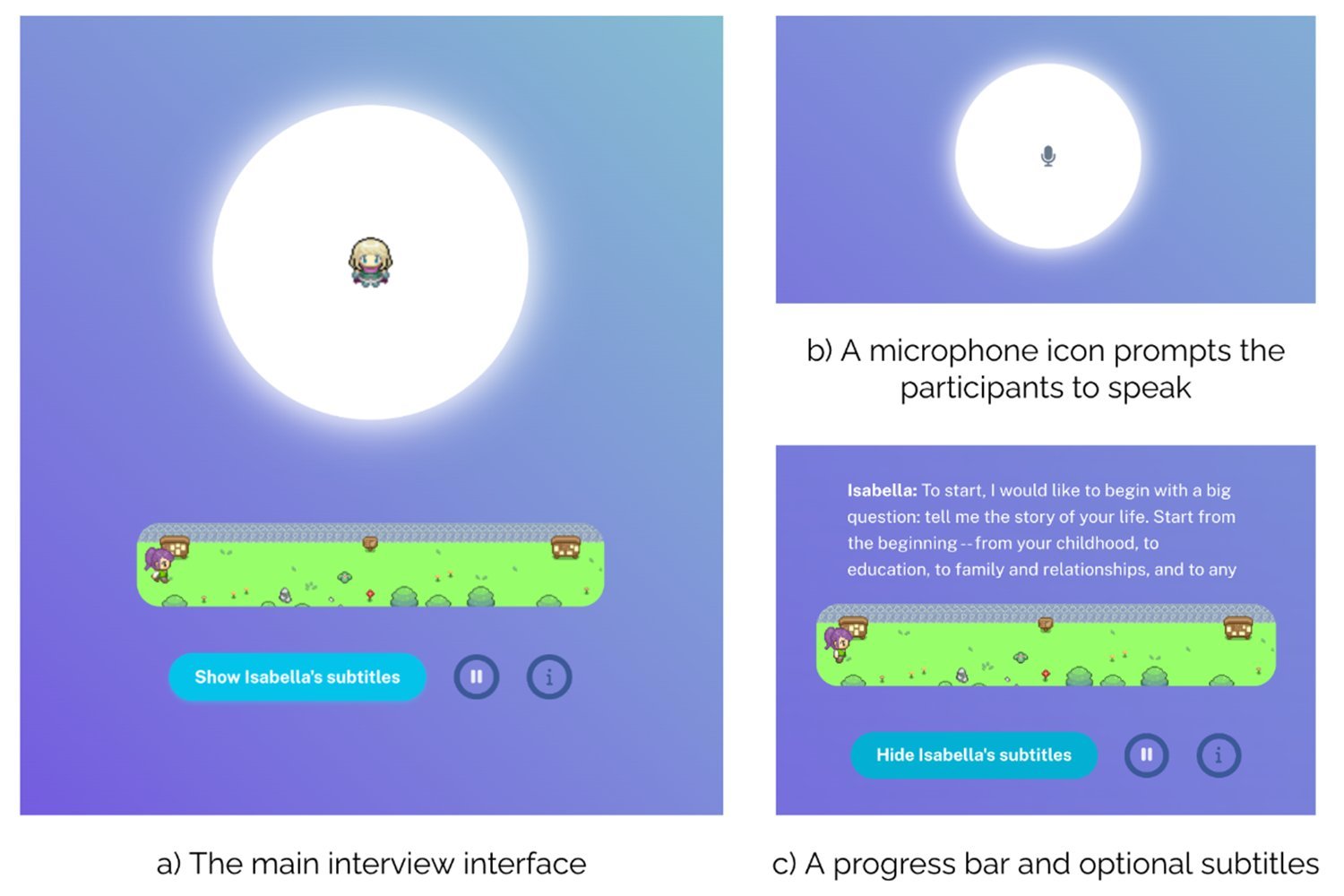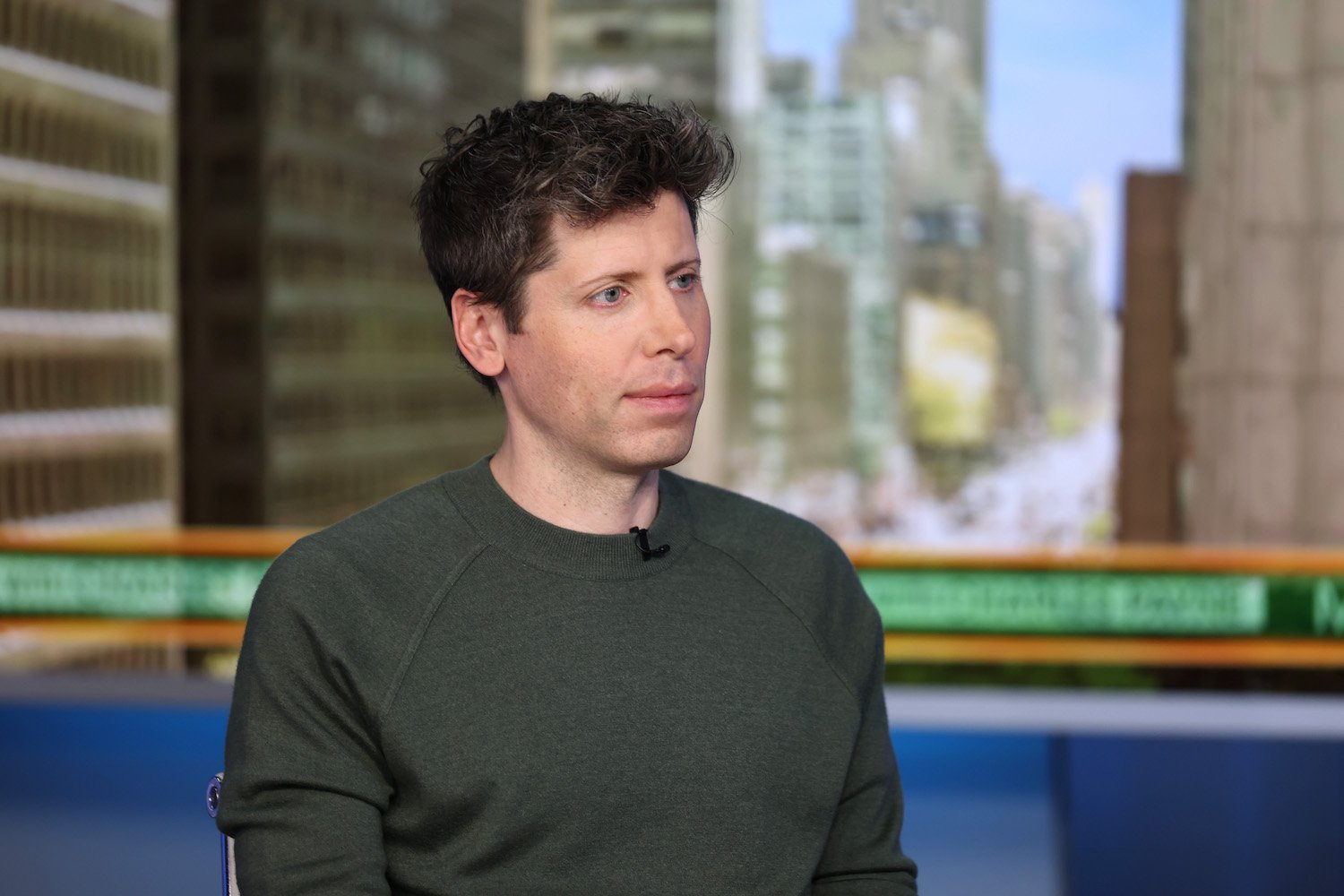The question of whether our world is worth replicating is a complex and multifaceted one. While advancements in technology offer the tantalizing possibility of recreating or even improving upon our existing reality, it’s crucial to consider the ethical, societal, and environmental implications of such an endeavor. Are we simply replicating our successes, or are we also doomed to repeat our mistakes?
The Allure of Replication
The desire to replicate our world stems from several powerful motivations. The preservation of human knowledge and culture in the face of potential catastrophe is a key driver. Imagine safeguarding our art, literature, and scientific discoveries within a perfectly preserved digital replica, ensuring their survival even if our physical world is lost. Furthermore, the prospect of creating improved versions of our world, free from disease, poverty, and conflict, is undeniably appealing. Could we engineer a utopia by carefully selecting which aspects of our world to replicate?
The Perils of a Perfect Copy
However, the idea of a perfect replica raises significant concerns. Would a world devoid of struggle and hardship truly foster growth and innovation? Adversity often fuels creativity and resilience, and a world without challenges might lack the dynamism that drives human progress. Furthermore, who decides which aspects of our world are worthy of replication? The inherent biases and values of those in control could lead to the creation of a world that benefits some at the expense of others.
The Ethical Dilemma of Artificial Existence
Replicating our world also raises profound ethical questions about the nature of consciousness and the value of artificial existence. If we create sentient beings within a simulated reality, do they possess the same rights and freedoms as those in the physical world? Are we justified in creating a world where suffering, even in simulated form, might exist? These are complex ethical dilemmas that require careful consideration.
Environmental Considerations
The environmental impact of creating and sustaining a replica world cannot be ignored. The energy required to power such a complex system could be enormous, potentially exacerbating existing environmental problems. Furthermore, the focus on replicating our world might divert resources and attention away from addressing the pressing environmental challenges we currently face.
The Importance of Learning from the Past
Before attempting to replicate our world, it’s essential to learn from our past mistakes. Throughout history, human progress has been accompanied by conflict, inequality, and environmental degradation. Simply replicating our world without addressing these underlying issues would likely lead to the same outcomes, albeit in a new setting.
Conclusion
The question of whether our world is worth replicating is not a simple one. While the potential benefits are enticing, the risks and ethical implications are substantial. Before embarking on such an ambitious endeavor, we must carefully consider the potential consequences and ensure that we are not simply recreating our past mistakes in a new digital landscape. A truly worthwhile replica would not just copy our world, but improve upon it, addressing the fundamental challenges that have plagued humanity throughout history.











